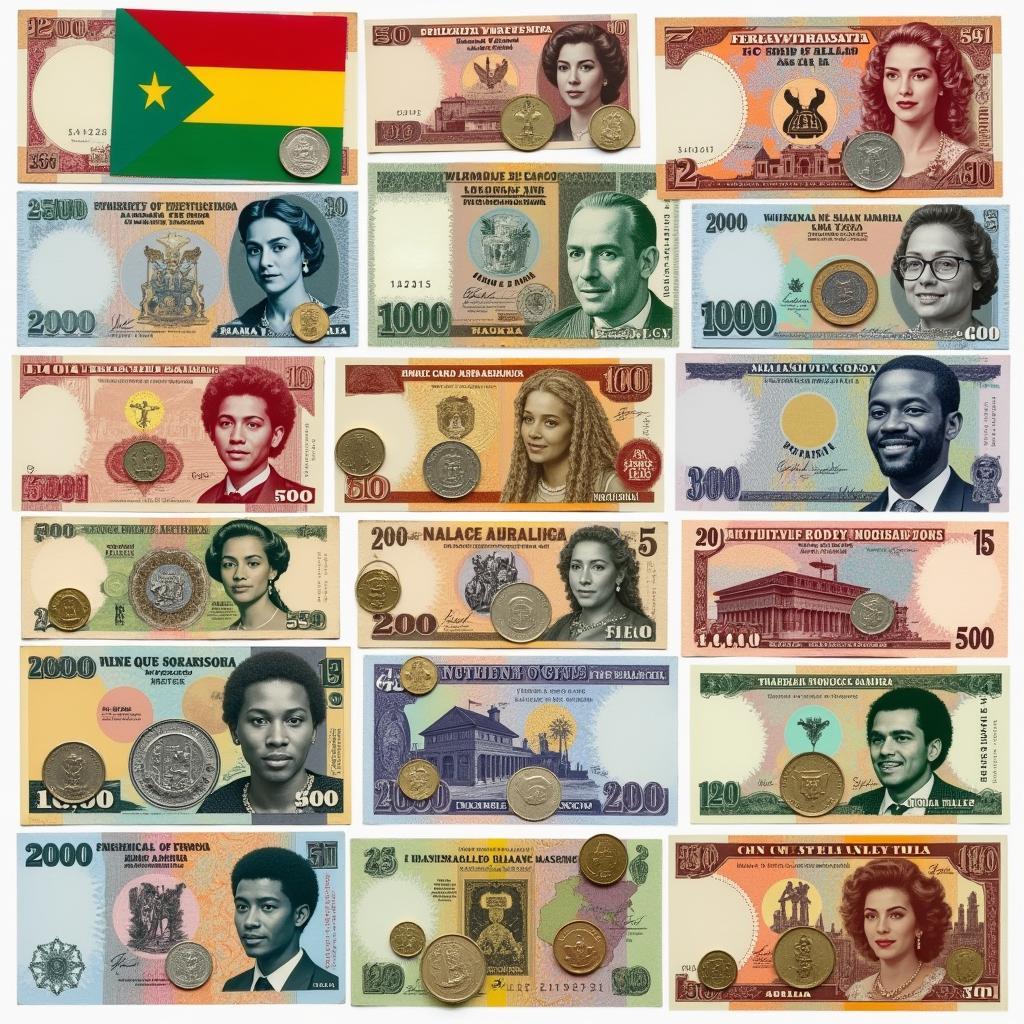African Dictators Wiki: Understanding the Complex History of African Leadership
The continent of Africa has a rich and diverse history, marked by both incredible achievements and tragic events. One of the most complex and controversial aspects of this history is the phenomenon of African dictators. From the post-colonial era to the present day, numerous leaders have consolidated power through force, repression, and manipulation, leaving lasting impacts on their nations and the lives of their citizens. This article delves into the world of African dictators, exploring their origins, motivations, impacts, and the complexities of their legacies.
The Roots of African Dictatorships
Several factors contributed to the emergence of dictatorships in Africa. The legacy of colonialism, which introduced arbitrary borders, suppressed local power structures, and fostered a culture of top-down governance, played a significant role. After independence, many African nations struggled with political instability, ethnic tensions, and economic challenges, creating fertile ground for strongmen to seize control.
The Appeal of Strong Leadership
In the face of chaos and uncertainty, the promise of strong leadership and order proved appealing to many. Dictators often presented themselves as saviors who could restore stability and bring about progress. They exploited fears of disintegration, external threats, and internal conflicts to consolidate their grip on power.
“Many African nations were left vulnerable after independence, and in the absence of strong institutions, dictators offered a semblance of order.” – Professor Amani Amani, Political Scientist, University of Dar es Salaam
The Faces of African Dictatorship
The spectrum of African dictatorships is diverse, ranging from brutal military regimes to seemingly charismatic populist leaders. Some dictators were driven by ideological convictions, while others sought personal gain and self-preservation.
Types of African Dictators
- Military Dictators: These leaders often came to power through coups d’état and relied on the military for support. They frequently suppressed dissent through force and curtailed political freedoms.
- One-Party States: In this model, a single political party monopolized power, eliminating opposition and controlling the political process.
- Populist Dictators: These leaders gained support through charismatic leadership and appeals to nationalism, often exploiting existing ethnic or tribal divisions.
The Impact of African Dictators
The consequences of dictatorial rule have been devastating for many African nations.
Economic and Social Consequences
- Economic Stagnation: Dictators often prioritized their own enrichment and the interests of their cronies, leading to corruption, mismanagement, and economic stagnation.
- Human Rights Abuses: Dictatorships are notorious for violating human rights, including freedom of speech, assembly, and the press. Torture, arbitrary detention, and extrajudicial killings are common occurrences.
- Political Instability: The absence of democratic institutions and the suppression of dissent create a climate of fear and uncertainty, often leading to political instability and violence.
“Dictatorships have a corrosive effect on the fabric of society, eroding trust, stifling innovation, and perpetuating cycles of poverty and inequality.” – Dr. Ngozi Okonjo-Iweala, Economist and Former Nigerian Finance Minister
The Challenges of Transition
Overcoming the legacy of dictatorship is a complex and protracted process. It requires building strong institutions, fostering democratic values, and tackling the deep-seated problems of corruption and inequality.
Key Challenges
- Reconciliation and Justice: Addressing past injustices and holding perpetrators accountable is crucial for national healing.
- Building Democratic Institutions: Establishing independent judiciaries, free and fair elections, and a vibrant civil society are essential for ensuring the long-term sustainability of democracy.
- Economic Development: Promoting inclusive economic growth and reducing poverty are vital for addressing the root causes of conflict and fostering a stable society.
The Future of African Leadership
While the challenges are immense, there are also signs of hope. The rise of civil society organizations, the growing influence of social media, and the increasing awareness of democratic values are all encouraging signs.
The Path Forward
- Empowering Civil Society: Supporting independent civil society organizations that promote human rights, good governance, and democratic values is essential.
- Investing in Education and Capacity Building: Investing in education and training programs that promote democratic values and civic engagement is crucial for fostering future generations of leaders.
- Promoting Regional Cooperation: Building strong regional institutions that promote peace, stability, and economic development can help to counter the influence of dictators and authoritarianism.
The journey towards a more democratic and prosperous future for Africa will be long and arduous. However, by embracing the principles of good governance, promoting human rights, and investing in sustainable development, the continent can overcome the legacy of dictatorships and create a brighter future for all its citizens.

